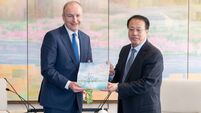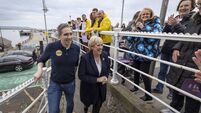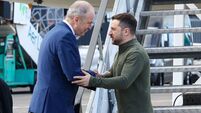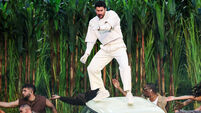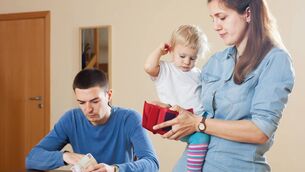Is this presidential contest Ireland's 'first podcast election'?
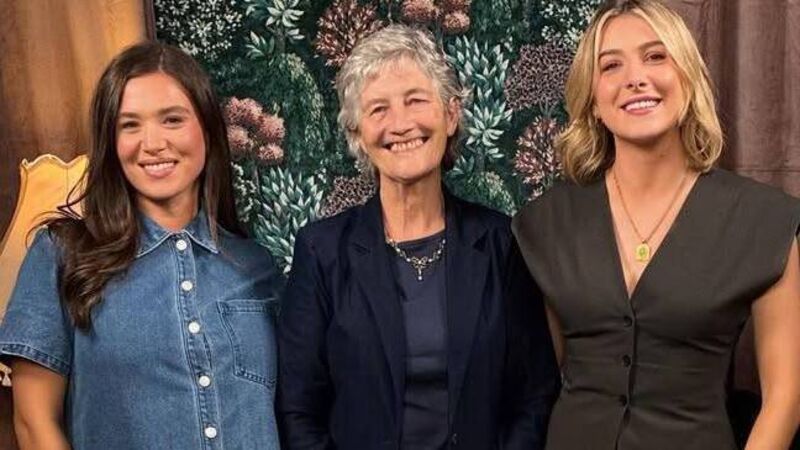
Presidential candidate Catherine Connolly appearing on the How to Gael podcast with hosts Síomha Ní Ruairc and Louise Cantillon.
The US presidential election last year was dubbed by some as “the first podcast election”. Both Donald Trump and Kamala Harris used podcasts as key campaign tools. Trump appeared on 14 major shows, according to , from , the biggest podcast in the world, to Logan Paul's show, which commands a vast young male audience — appearances that clocked up tens of millions of views.
Harris hit the likes of , the second biggest podcast around, aiming for more diverse audiences. What effect did these appearances have on the overall election? Some Democrats might still be scratching their heads wondering what if Harris had gone on Rogan’s show (“scheduling conflicts” apparently put paid to any appearance and arguments are swirling again since the release of her book on the campaign, ).




